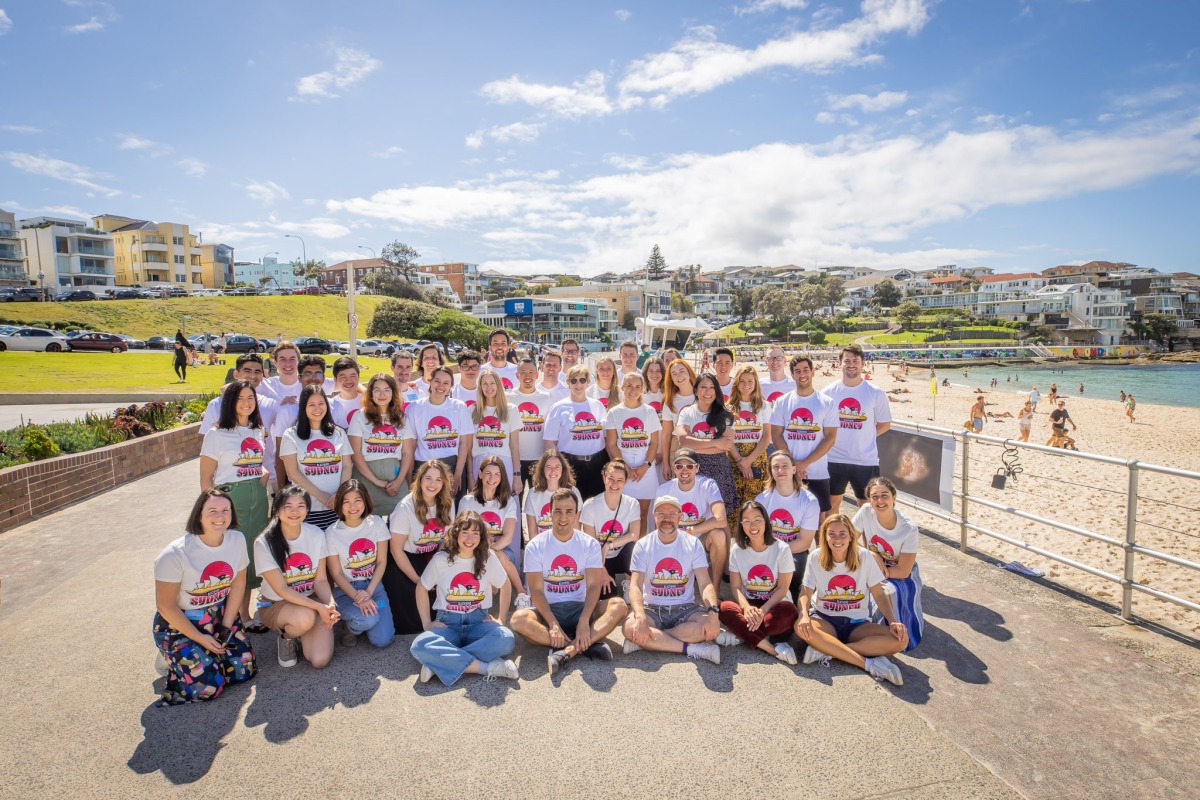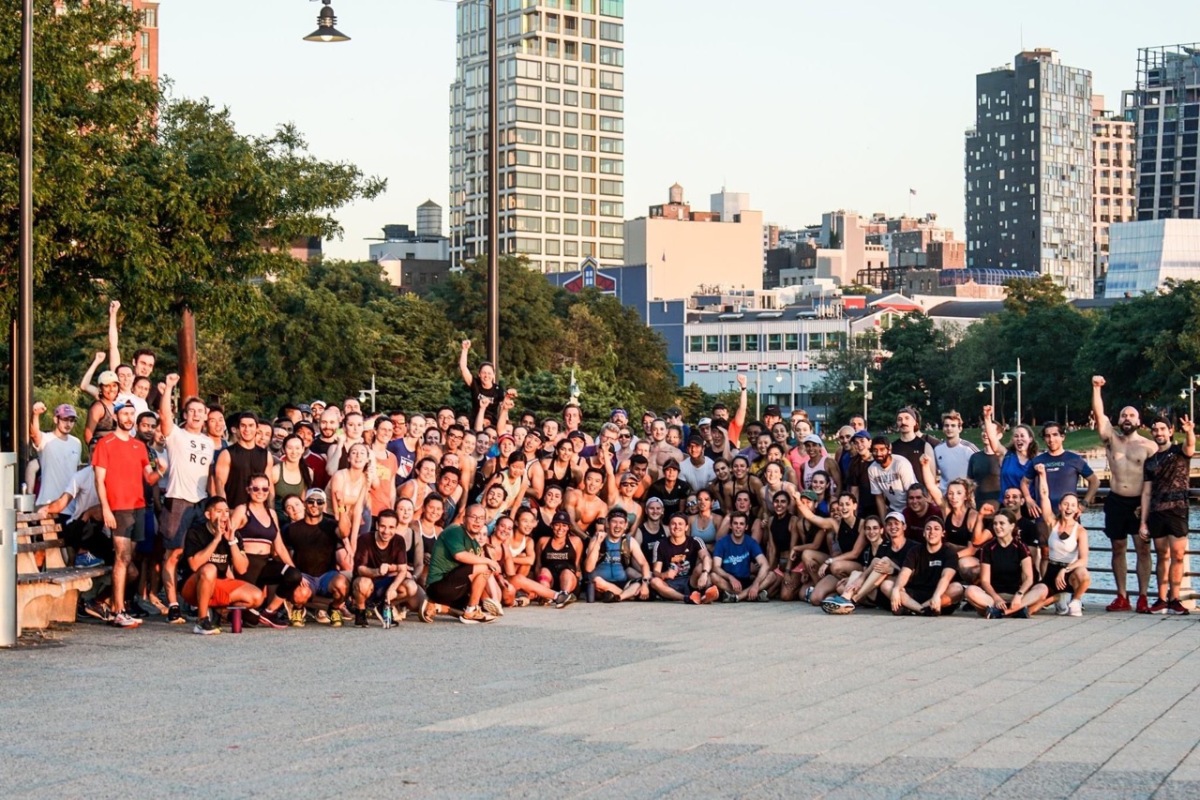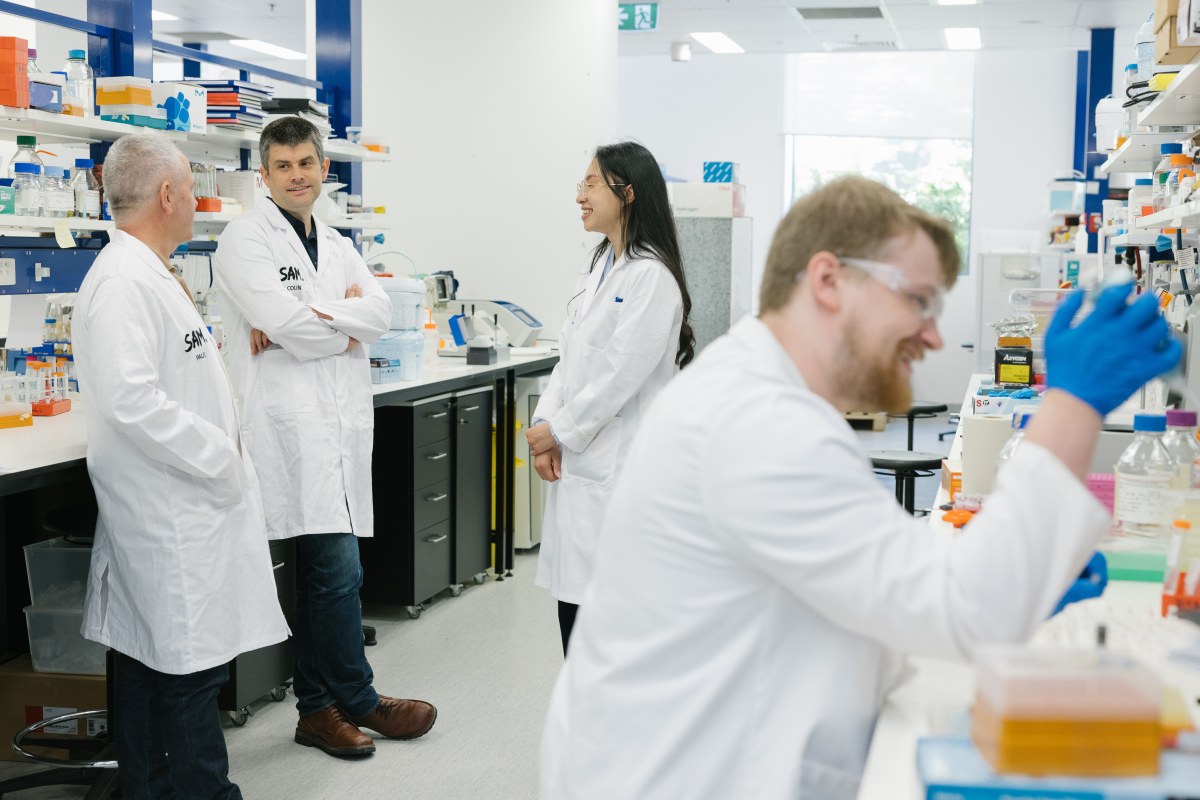Flowers Software helps SMBs manage their workflows • ZebethMedia
Workflow automation may not be what gets you out of bed every morning, but it has long been a hot topic in the world of enterprise software. There are few businesses, after all, that don’t have dozens and dozens of repetitive workflows that are currently done manually that could be automated. Munich-based Flowers Software, which originally launched in 2019, is trying to put its own stamp on this field by offering a somewhat different approach from many of its competitors. The company today announced that it has raised a $3.2 million seed funding round led by La Famiglia VC, with participation from LEA Partners and Collective Ventures. A number of angel investors also participated, including Personio’s co-founder Ignaz Forstmeier, SAP Hybris’ founder Carsten Thoma, SevDesk founders Fabian Silberer and Marco Reinbold, and Ironhack co-founder Gonzalo Manrique. Image Credits: Flowers Software Founded by Andreas Martin and Daniel Vöckler, who both spent time working at a number of small and medium businesses, Flowers currently focuses its marketing on two use cases: invoice approvals and general approvals. But the idea behind the tool is to offer a highly flexible no-code workflow tool to automate virtually any repetitive business process. “When we founded Flowers, we already knew that we were going to solve this major problem because of our experience from our previous jobs, the different industries and company sizes, etc.,” said Martin. “What we learned is that there are tons of tasks that go wrong in every company literally every day. […] And unfortunately, since most tasks are in recurring workflows, they go wrong repeatedly. For all of those problems, you will find one tool that solves exactly this problem. So you can have 1,000 problems and 1,001 tools solving them. But Daniel and I didn’t want to create another single-solution tool.” Flowers team photo. Image Credits: Flowers Software Martin noted that many traditional workflow automation tools focus on the backend, while Flowers provides anyone in the company with tools to build these workflows but also access to a user interface to step through these workflows from beginning to end. He noted that this also helps to make information more accessible and transparent to everyone inside a company. And while users can integrate a lot of third-party tools, for many of the current use cases, teams are doing a lot of their work in Flowers themselves. The team actually started building Flowers as a general-purpose automation tool but found that simply giving its users all of this freedom only led to confusion. So after some trial and error, Flowers decided to build out a few templates for common use cases — invoicing being one of those — and with that, the service took off. What the team needs to do now — and what Flowers will use at least some of the new funding for — is building out templates for more use cases so it can expand its user base. The team also plans to expand its marketing efforts to go beyond its current core market of most German-speaking countries to more of Europe and North America. Image Credits: Flowers Software “We’re going to launch with different use cases in different countries, or service work for use cases in every country, but some countries have more problems with contracts and approvals, or travel expenses,” Martin explained. “Our highly adaptable software makes it possible for us to support those laws, regulations and compliance rules very easily because the tool is flexible enough.” Flowers Software was already cashflow positive early on in its history, but the team decided to raise now in order to be able to grow faster and capture more of the market. “We really want to push as hard as we can and scale as hard as we can,” said Martin. “Flowers is changing the game for SMBs in business efficiency, productivity and profitability with a different approach to workflow creation and automation that is resonating with many customers across industries,” said Judith Dada, general partner at La Famiglia VC. “With Flowers, companies finally have a software that adapts to the way they work, rather than a software that requires the customer to change. We’re impressed by the product and strong sales traction that Andreas, Daniel and the team have already acquired and are excited to support them as they scale to new markets.”









